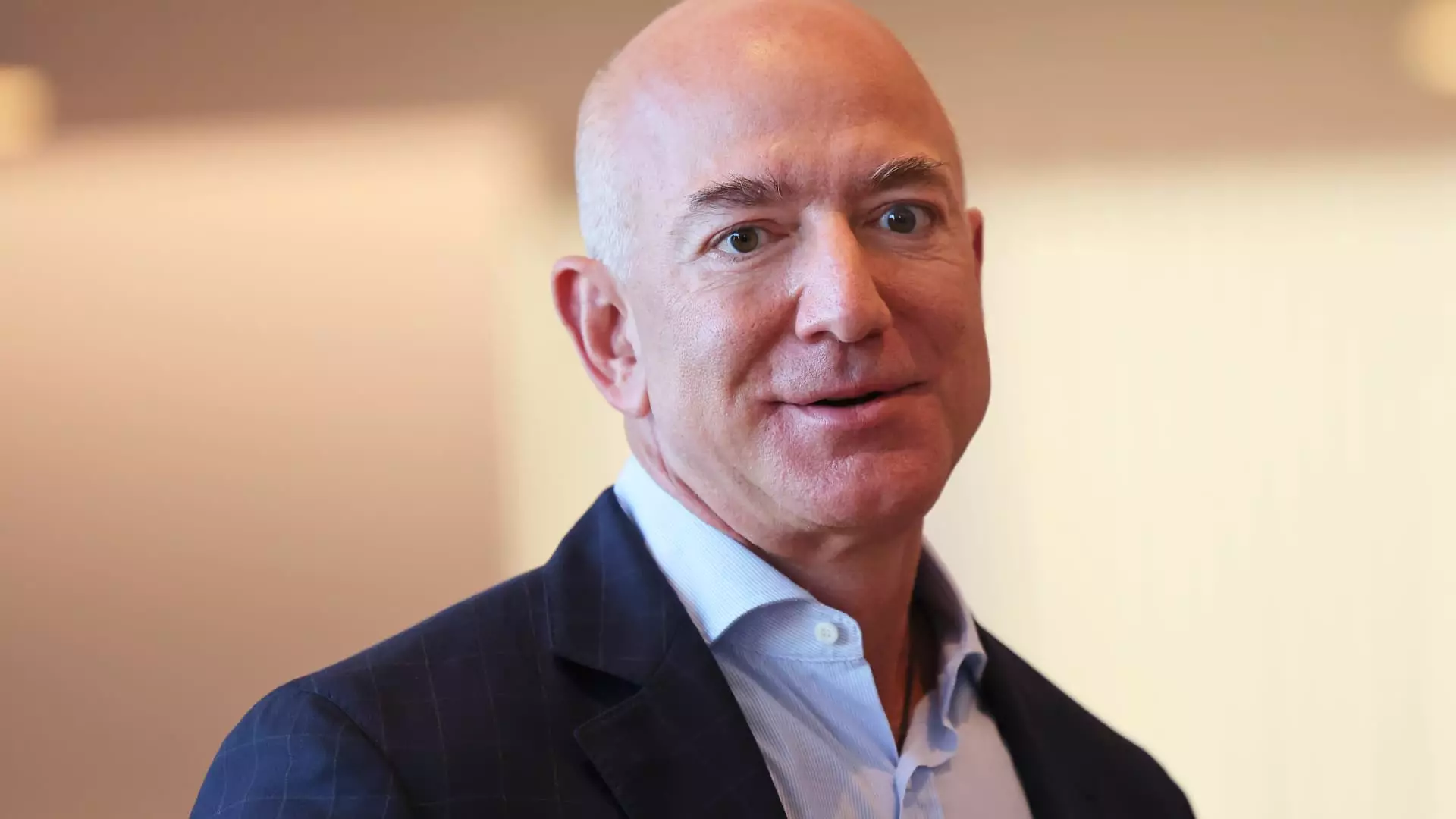In an era where trust in media has become increasingly fragile, the Washington Post’s recent announcement to cease endorsing presidential candidates raises crucial questions about the role and influence of journalism in American democracy. Owner Jeff Bezos defended this pivotal decision as a necessary step towards reestablishing lost public trust. By choosing to abstain from endorsements, the Post aims to eliminate perceptions of bias, but the question remains: will this truly rectify the growing schism between media organizations and their audiences?
Bezos posited that endorsement decisions rarely affect electoral outcomes. He argued that most undecided voters do not rely on newspaper endorsements when making their choices. Instead, they perceive such endorsements as opportunities for the media to exhibit bias, which undermines their credibility. His assertion emphasizes the growing perception that media organizations have political agendas, leading to skepticism and distrust among readers.
Furthermore, Bezos has explicitly stated that this move is driven by principle rather than any coercive tactics or external pressure from political factions. By discontinuing endorsements, the Post aims to present itself as a neutral entity in a politically polarized environment. This strategy is particularly poignant as reflecting on a Gallup poll, which identifies media as the least trusted institution, indicates a clear disconnect between the press and the public.
Despite the well-intentioned rationale behind the Washington Post’s decision, the aftermath has been tumultuous. Reports surfaced that more than 200,000 digital subscribers have disengaged from the publication since the controversial announcement. This is a significant loss for any major media outlet, showcasing how alienated some readers feel regarding the decision to forgo candidate endorsements. The discontent has even penetrated the Post’s editorial staff, with resignations from several members of the editorial board following the announcement.
These resignations highlight a deeper issue within the organization—what does it mean to uphold journalistic integrity while also catering to the expectations and trust of the audience? As the editorial staff grapples with this paradigm shift, the implications of this decision on newsroom dynamics and overall ethos of the Post deserve careful scrutiny.
The tensions surrounding the Washington Post’s decision are symptomatic of a larger crisis facing journalism. The media plays an essential role in informing voters and ensuring transparency in government. However, as public trust in these institutions declines, the challenge lies in reimagining how news organizations can fulfill this role effectively.
Bezos’ acknowledgment of the media’s current standing—cited as the least trusted of civic institutions—signals that the implications of this trust crisis extend beyond the Washington Post. Media organizations nationwide must confront this dilemma by implementing strategies that enhance transparency and engagement with the public. Through verifiable reporting, interdisciplinary dialogues, and public accountability, the media can begin to mend its fractured relationship with the public.
As the landscape of American journalism continues to evolve, the Washington Post’s bold decision may signal a fundamental shift in how media outlets operate. While ending political endorsements may not culminate in instant restoration of trust, it represents a significant attempt to recalibrate their relationship with the audience. Bezos’ desire for “more meaningful planning” may guide a proactive approach for the publication in nurturing a transparent dialogue with readers.
Ultimately, the challenge remains: can the Post and its counterparts navigate the treacherous waters of political engagement while maintaining journalistic integrity? The future of media in America will largely depend on how effectively these organizations listen to their audiences and respond to their concerns about bias, a principle that may prove more valuable than any endorsement. Only time will tell if this experiment in purging endorsements will bring a renaissance of trust in journalism or if it will serve as evidence of deeper systemic issues within an industry striving to redefine itself.

